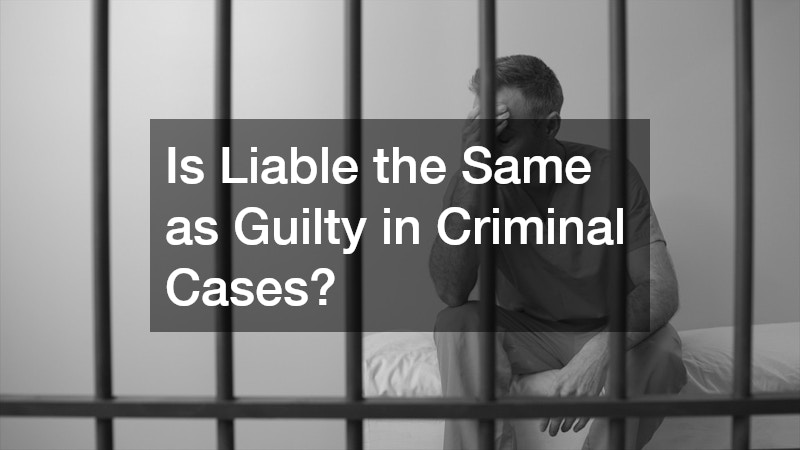Public health issues are any diseases or conditions that harm whole populations. These diseases can be chronic, infectious, spread through poor sanitation, or anything else. Public health issues are typically caused by a combination of factors, including lack of access to healthcare, poverty, and inadequate nutrition.
There is no denying that health issues can have far-reaching impacts on different communities. From rising healthcare costs to lower availability of services, communities everywhere feel the effects of poor health and a lack of preventive care. By taking action, people can proactively address the health issues in their communities.
Raising Awareness
Awareness is key when it comes to tackling community health problems. People must be aware of how their lifestyle choices affect their overall well-being. They also need to be educated about existing resources and services available to them to make informed decisions about their health and the health of their families. One way to do this is through educational programs aimed at providing information on healthy living habits. These programs can be targeted towards specific age groups or demographics, with tailored messaging depending on the needs of each group.
In addition, public health campaigns are an important way to draw attention to community health issues and solutions. These campaigns can range from print and broadcast media advertisements to social media outreach, events, and posters in public places. These campaigns aim to raise awareness about the prevalence of certain conditions or behaviors and promote healthier lifestyles.
Raising awareness is the first step toward addressing community health issues. By educating individuals and communities about available resources and preventive measures, you can help create a healthier world.

Engaging Community Leaders
In addition to raising awareness, engaging local leaders is essential for creating lasting change in terms of community health. Local leaders can bring together diverse stakeholders to develop a comprehensive plan for improving public health outcomes in their region.
The plan can include the following:
- Expanding access to preventative care.
- Implementing smoke-free policies.
- Incentivizing healthy eating habits through subsidies or discounts at local grocery stores.
Engaging community leaders also helps ensure that public health initiatives are tailored to each area’s unique needs and implemented effectively. For example, a rural area may need different resources than an urban area due to its demographic differences or lack of access to healthcare.
Community leaders can organize free medical check-ups, health screenings, and wellness events to make healthcare accessible to people of all income levels. They can also collaborate with a reputable dentist’s office to provide free dental care in the community.
Involving local leaders ensures that the community takes ownership of their health and well-being. This model of collaboration between healthcare providers, businesses, and community members can bring new ideas to the table while also making sure everyone is held accountable for improving public health outcomes.
Regardless of what type of initiative they pursue, the goal should always be focused on helping individuals achieve better overall well-being for themselves and their families.
Additionally, by engaging local leaders, it is possible to identify and address existing health disparities that may exist in the community, such as access to quality healthcare or nutrition resources. Ultimately, this will help ensure that everyone has an opportunity to live a healthier life.
Making Connections and Finding Solutions
Finally, it’s important for communities across different sectors—including healthcare providers, businesses, schools, and local governments—to come together and work collaboratively on finding solutions for dealing with community health issues.
Making connections between these various stakeholders allows them to pool resources and share knowledge to create more effective strategies for improving public health outcomes across the board. It also encourages mutual support among these groups so that everyone has an opportunity to contribute and benefit from any progress made toward bettering public health within a particular area or region.
These collaborations can strengthen relationships between different organizations and build trust between them. Partnering with one another and working together can help devise solutions for the health of their communities. These groups are better equipped to make a lasting impact on public health outcomes within their areas.
It’s up to individuals within communities to take charge of their health and to work together with local organizations so that everyone can benefit from the collective effort. By making connections and finding solutions, communities can create positive change by empowering people to take charge of their health and well-being. Taking ownership of your health is essential in creating a healthier world for everyone.
Public health initiatives are essential for creating sustainable change within different communities when it comes to addressing long-term issues such as rising healthcare costs and limited access to services. People can take proactive steps towards improving public health outcomes by raising awareness around existing resources and services available in an area, engaging local leaders in creating comprehensive improvement plans, and making connections between different stakeholder groups. Together they can make a difference.










